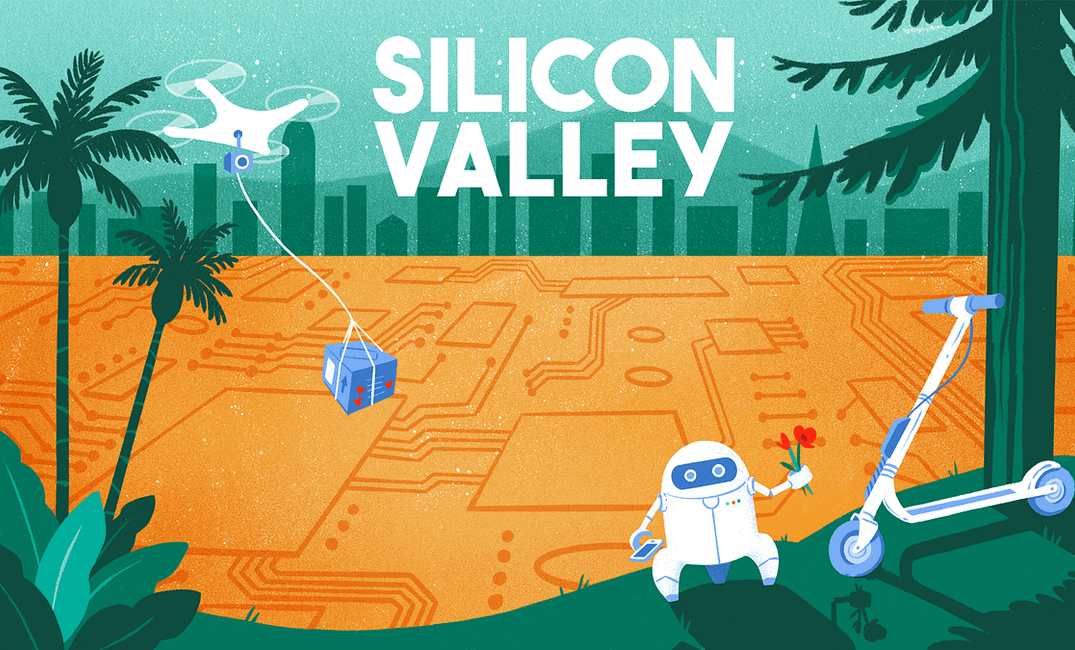The Weirdest Shit to Come Out of Silicon Valley
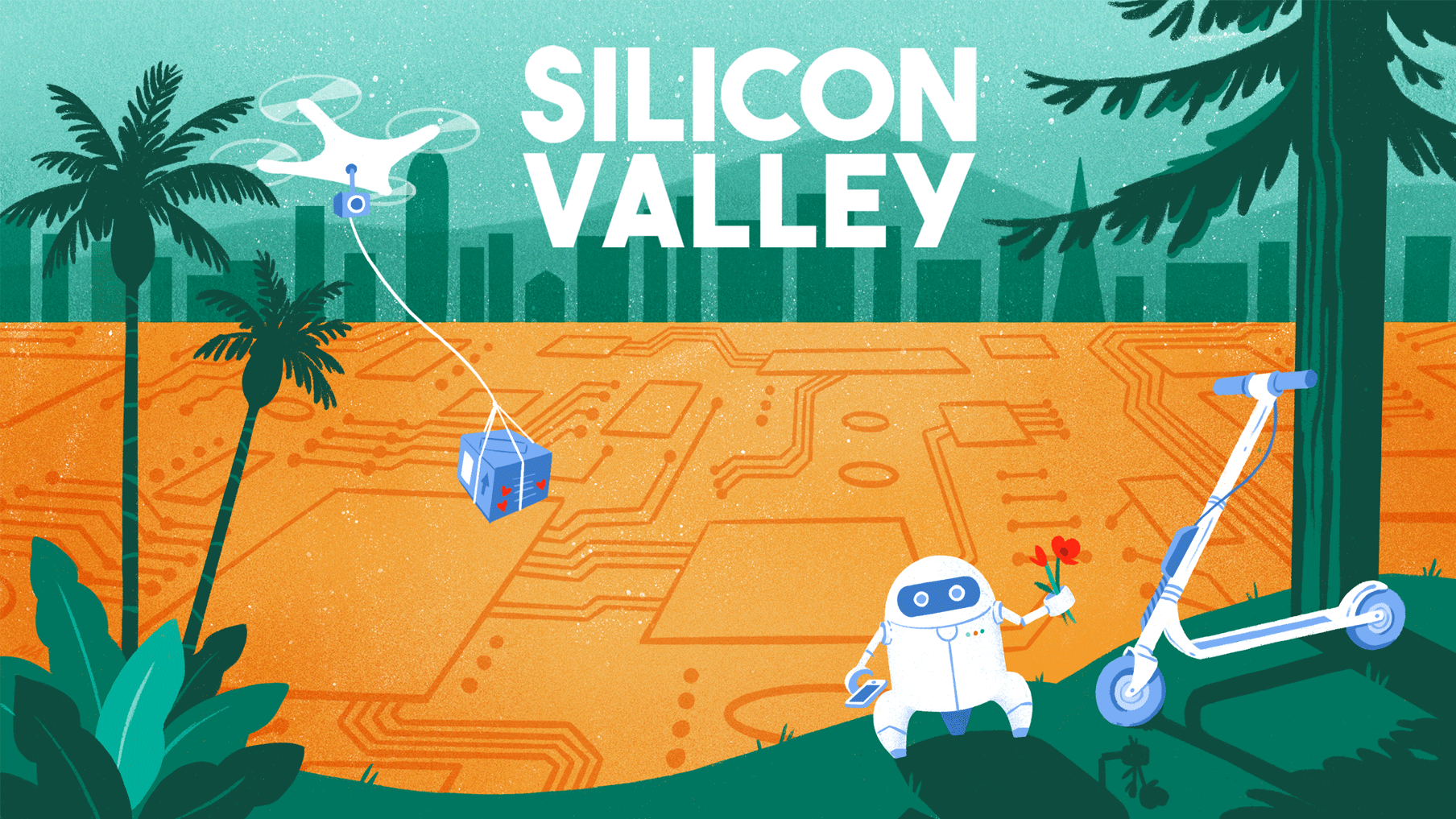
This month, I’m reeling over Google’s announcement that most of their workforce needn’t return till JUNE 2021! For real. It makes sense since that’s the earliest we can expect a vaccine — but there’s a difference between assuming this work-from-home life will continue and then Google confirming that. I’m trying to see Google’s announcement as a lesson; no more bleating about a new normal, but just getting on with accepting it. #lockdownlessons
Anyhow, this month has been a scorcher — and I’ve consumed vast quantities of ice cream in response. With that in mind, our monthly game Two Truths and a Lie, Silicon Valley Startup Edition takes a dive into the frozen treat space. Out of the following three food startups, which one do you think is fake?
- A startup that makes ice cream to help you sleep.
- An ice cream that alleviates some symptoms of chemotherapy.
- A startup that makes ice cream out of crushed locusts.
(Scroll to the bottom for the answers.)
Now, let’s get to the most insane thing happening in the Valley this month.
Know of some ridic stuff happening in tech? Email, DM, Facebook, or tweet me to include it in next month’s edition.
Pet activity trackers mean that counting catnaps is now a thing
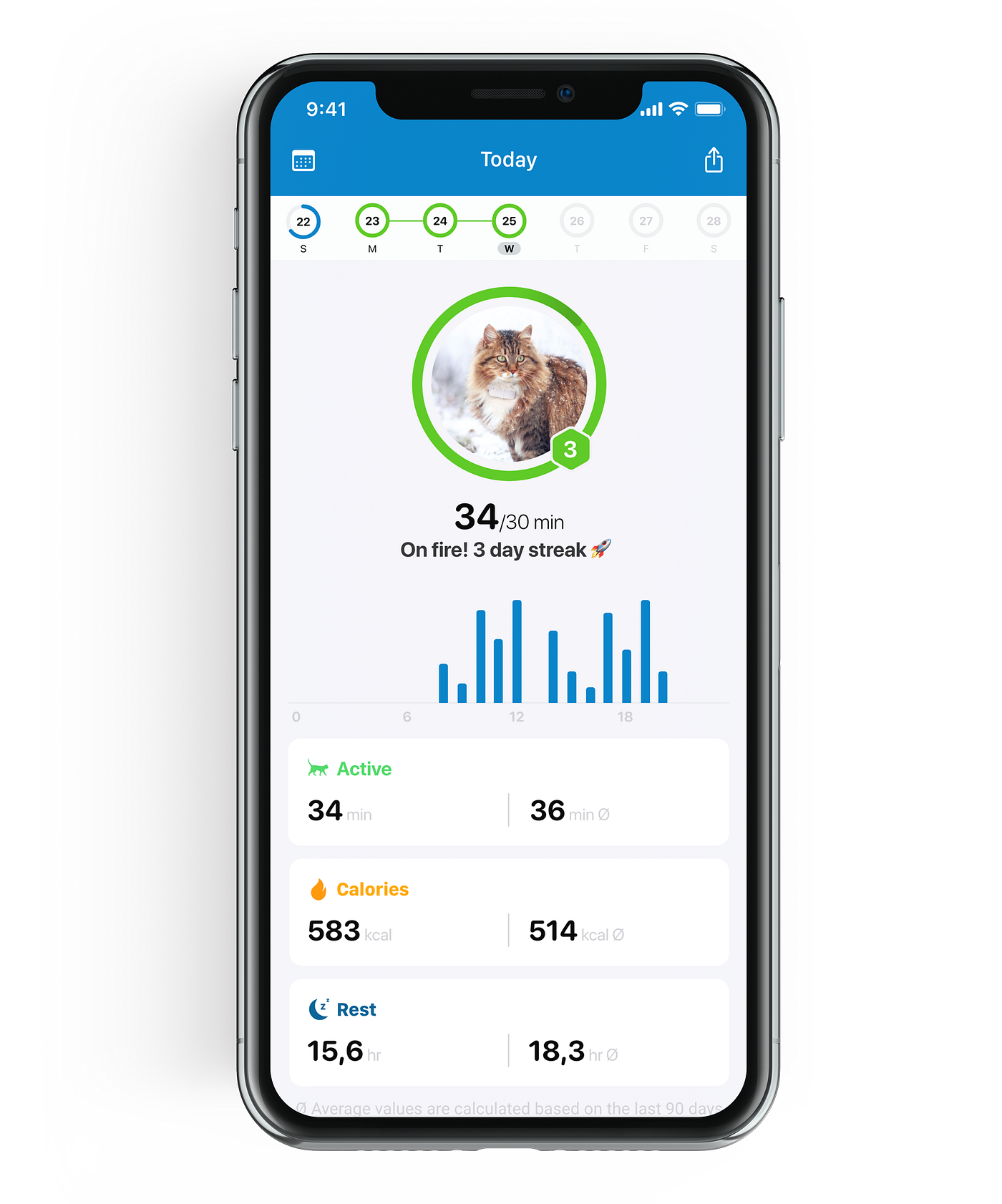
I’ve yet to own a pet (even though I’m a dog and cat person, FYI) so maybe that’s why I don’t understand the appeal of the just-released pet activity monitor from Tractive. Worn around their collars, essentially this gadget is a Fitbit for your pets, tracking their steps, sleep, and GPS location. The connected app gives owners a snapshot of their furry friend’s cardio, including calories burned, sleep, and activity score. Pet parents can even set daily goals for their pets — whatever the equivalent of 10,000 steps is in paw measurements — and compare them to the data from other owners, to see just how lazy their furry friends are when they’re out all day.
Branded masks top the startup swag list
In February, venture capitalist Teddie Wardi mockingly tweeted, “Hottest startup swag: branded N95 respirator masks.” Today, his words have the ring of prophecy. N95 masks are still in short supply, but branded face masks have indeed become the hottest company swag. So long to Silicon Valley’s startup perks — in-office slides, on-campus hairdressers, fancy catered meals — and hello to hand sanitizer and home-based PPE. 70% of orders from SwagUp, a corporate swag company, now include face masks with companies logos, reported Jena McGregor at the Washington Post.
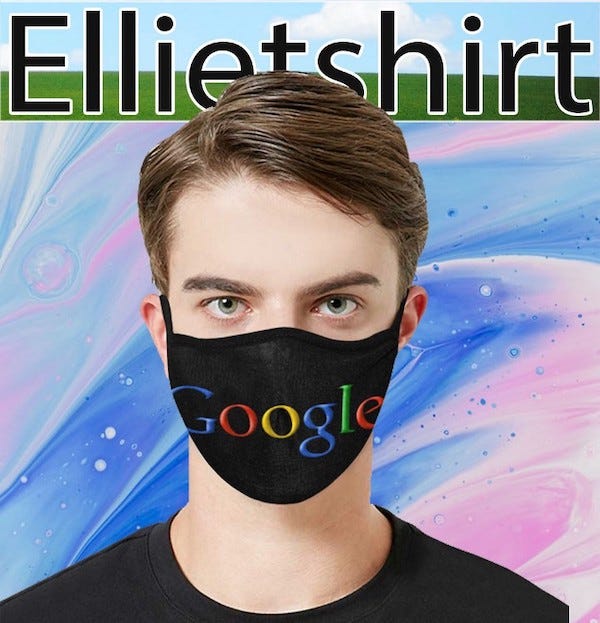
At iPromo, 75% of orders are for branded face masks, complete with the company logo. “Face coverings are the new branded white space,” is written across the homepage of Meekara, a mask startup. Once, the idea of wearing promotional material on your face was a ridiculous idea — though one that companies ASPIRED TO — now, it’s seen as the norm, even desired. Out with the Patagonia vest, in with the face billboard.
WitchTok gets woke
TikTok may be home to viral dances, Karen remixes, and The Rock, but it’s also a home for #WitchTok, which is exactly what it sounds like. TikTok’s coven culture is a place for like-minded witches to share and cast spells, and recently, that’s taken on more of an activist bent.
Like many people in the world, the witch community has been motivated to work for change, and decided to take a stand. Enter #WitchesForBLM, a hashtag that has 33.8 million views and rising. “Being a witch is inherently political,” Witchtoker Frankie Wilkin told Margaux MacColl at Digital Trends. “We have to stand with groups that are also marginalized.”
Some witches cast protection spells for activists, whilst others trade tarot readings for donations to the BLM movement. Being so public has its downsides; some WitchTokkers report being hexed by other practitioners, but they say that won't stop them.
The trials of being Mark Zuckerberg
Earlier this month, Facebook Founder Mark Zuckerberg was photographed surfing near his Hawaii home, with white sunscreen chalked across his face, Vice reported. Enter the meme explosion — bored Photoshoppers have been hard at work, comparing him to the ghost from Spirited Away, a mime, and more.
Entertaining, but I’m not going to disrespect someone paying attention to their sun protection (FYI: He used the Zinka nosecoat, a 25% zinc oxide sunscreen which is DESIGNED to be visible).
But I will happily mock the $12,000 eFoil electric surfboard he was cruising on. It turns out that there’s a whole world of electric surfboards I KNEW NOTHING ABOUT. These motor-powered boards (yes, there’s MULTIPLE companies that made these, some are $25,000!) zip across the water, some reaching speeds of 35 miles per hour. They look like a lot of fun to ride, but secondly, oh my god, imagine if you broke it. I’d be too scared to stand on it without some hefty insurance policy. The benefits of being a billionaire, AMIRITE?
Enter the smart grocery cart
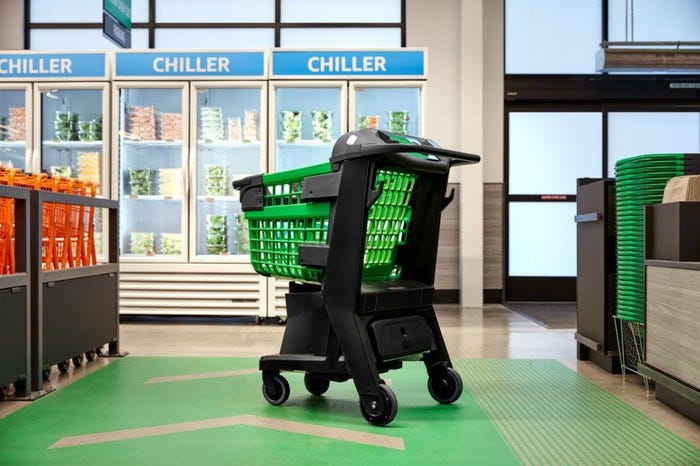
In 2018, Amazon introduced Amazon Go, their contactless grocery stores, which, thanks to its ease of use and their great customer service, was an instant hit — today there are 26 of them.
Now they’re taking on a new challenge: the humble grocery cart. Enter the smart shopping cart, aka the Dash Cart, reports The Verge. The chunky cart features an embedded touchscreen tablet at the top, which lets shoppers look up prices, and the cart’s chock-load of sensors automatically detect what’s placed inside — quality and quantity. Shoppers see a running bill on the touchscreen, and when they’re done they check out through a dedicated lane… which is also contactless. They’ve done a soft rollout at the Amazon grocery store in Woodland Hills, Los Angeles.
In a Covid-19 world, a contactless cart becomes more of a wow than a whatever, so yay, I guess?
The robot star of a $70 million movie about a robot

This sounds like a dystopian plot, but alas, it is real life. The leading lady of sci-fi film b (yes, that’s the title) is Erica the android, a robot created by Japanese roboticist Hiroshi Ishiguro reported the New York Times. At first glance, Erica uncannily looks like a human… if you’re not looking too closely. Up close, you can hear her motors whir and the plastic sheen of her pupils. But she has one big advantage to other leading ladies: a 100% Covid-19 immunity. The movie plot follows Erica’s journey to becoming self-aware.
While she awaits co-stars, Matthew Helderman, the chief executive of BondIt Media Capital who is backing the film, said, Erica continues to run lines with amateur local actors. “The coronavirus is a double-edged sword,” he said. “We don’t know when production can begin again, but she’ll be ready when it does.”
The on-screen story mirrors Erica’s real life; when she was first signed up for the movie, she had no acting experience. Remember, Erica’s not a doll, she’s functioning A.I. placed in a human shell. For the next two years, she trained in performance, running lines with actors, and observing actors at work. Getting a robot to grasp the concept of film production and empathy was tough.“She’d ask questions like, ‘Why am I saying this line more loudly or more softly?’” said Helderman. “Or, ‘Why am I doing this thing when the camera is there, but not when it isn’t?’” Why indeed…
Answers to Two Truths and a Lie: The locust ice cream startup is the fake one. The Nightfood startup makes the ice cream that helps people sleep. Australian company Lacto Pharma makes ReCharge ice cream, a frozen treat designed to reduce chemotherapy-induced diarrhea.



